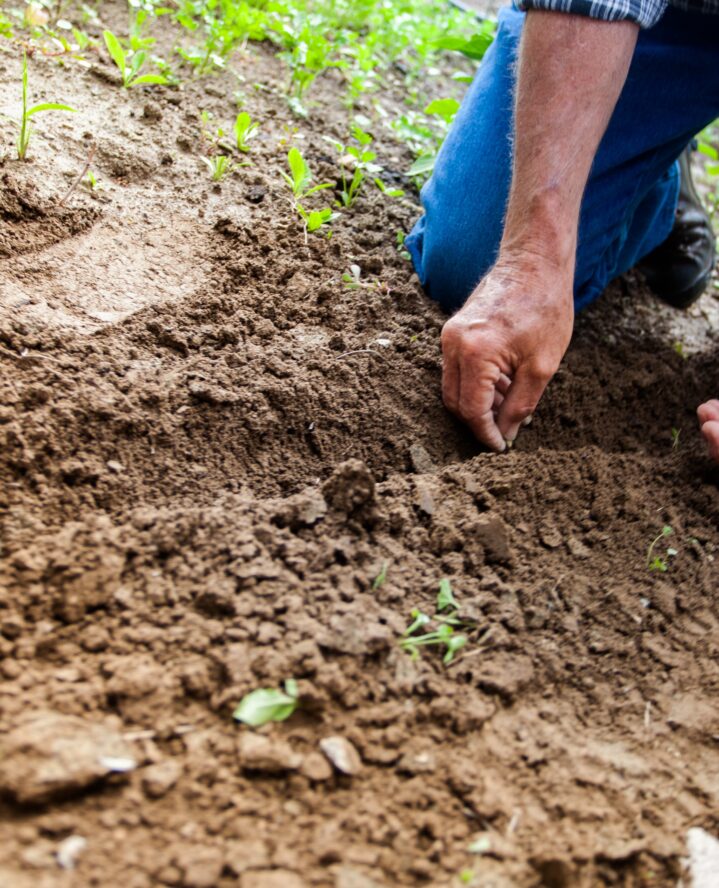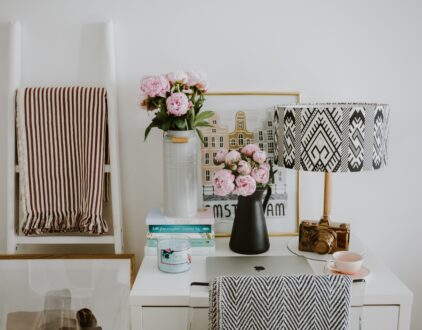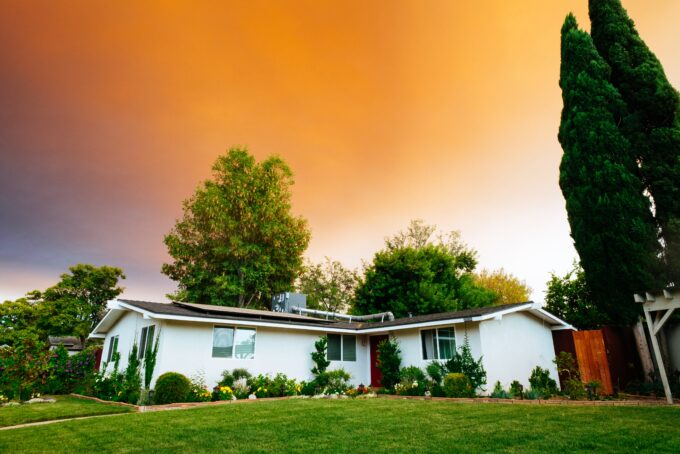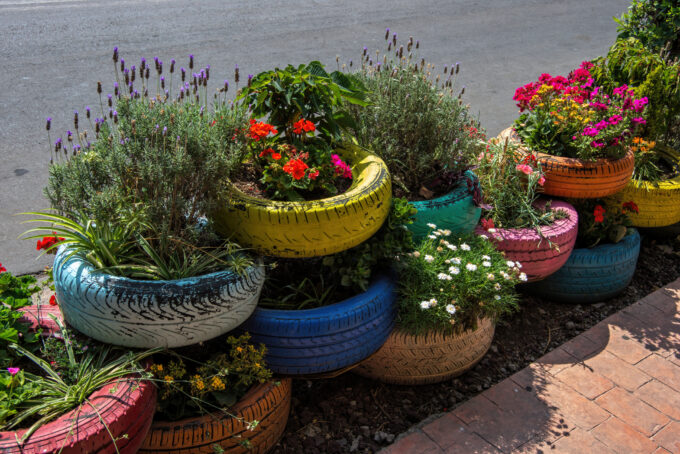Gardening is fun and though it might sound simple, you can very easily make errors, especially when first starting out. It involves more than burying seeds in the ground. The good news is that you can equip yourself with helpful knowledge that will enable you to avoid common and costly gardening mistakes. Below are a few helpful gardening tips for beginners
Pick The Right Spot
One of the most crucial home gardening tips is setting your garden in the right spot. It may determine the success of your planting activity. Look for a place with adequate sun exposure. Most plants require a minimum of at least 6 hours a day.
Without sun exposure, your vegetables or plants will struggle to grow or stay healthy. Lack of adequate sunlight may cause your plants or crops to grow smaller. Also, ensuring your garden location is close to a water source or within hose distance is vital.
Consider A Raised Bed
A raised bed is easy to build; you only need to determine the correct measurements. A 4 feet by 8 feet area of around 12 to 18 inches depth is suitable for growing plants or food. Raised beds are an excellent tool that can benefit gardening for beginners, especially with management.
It is easier to take care of plants in a raised bed. Also, you will gain the necessary experience that will enable you to build larger raised beds and manage them better.
Know Your Regions
Not all plants grow everywhere; sometimes, your region may determine the type of crops or plants to grow. One way to identify plants you can grow in your area is to know the average winter temperatures of your place or your plant zone. You can also find out from locally owned nurseries. Knowing what you can grow or plant in your region is crucial because you will know the possibilities and limits of your garden.
Test Your Soil
You can collect a soil sample from your garden and test it for nutrient and pH levels using at-home testing kits. Also, you can take the testing samples to a local nursery or relevant professionals. The test results will let you know the alkaline or acidity level of the soil, which affects a plant’s ability to absorb nutrients.
Testing the soil is one of the home gardening tips enabling you to make vital decisions. You can decide the plant type to grow or how to treat the soil. You should examine soil texture as well. If it is clay-like or super-hardened, your plants may find it challenging to grow roots.
However, the improper texture of your soil should not discourage you from having a garden in your yard. You can treat it by adding fresh soil, compost, and mulch. The treated or added soil should have the correct depth and be aerated.
Set Up A Watering System
Setting up an automatic watering system is an ideal plan. You can have a battery-operated timer that you connect to a hose bib. Also, you can install a two-way splitter which is excellent for hand-watering new crops or seeds.
Start With Easy Plants
If you’re starting as a gardener, it is wise to start with easy plants that grow fast. Easy plants such as vegetables or sunflowers will grow quickly, allowing you to learn. On the other hand, complicated plants as a beginner may give you a hard time or even discourage you if you make a mistake and discover it months later.
Create A Plan
It is ideal to create a plan to help you visualize how your plants will look after growth to avoid crowding. For instance, for plants that take a long time to grow, you should space them adequately to allow for proper growth. Also, taller plants must be grown in an environment with maximum sun exposure. A gardener should grow creeping and shorter plants on the edges or front.
Take Notes
As a beginner, keeping a notebook for your garden activity is essential. It will help you track your activities and even observations in the garden. Also, a notebook will help you keep vital information about other plants you might want to add to your garden.
Check Your Garden At least Once A Day
Check what is happening in your garden at least once daily to ensure everything grows according to plan. Take note of the happenings in your garden, including problems that may arise. It is easy to correct plant defects or issues when they are young.
If you are away for days, you can ask somebody nearby to check your garden. Most plants are more demanding with management when they are young than when they are older.
Water Your Garden Carefully
You should water your garden consistently and adequately when required. Watering will depend on the type of plant or its growth stage. Young plants may need water regularly compared to older ones, depending on the plant type. The best time to water most plants is in the morning to ensure they are soaked.
Learn Your Frost Dates
Planting too late or early in the season can cause problems or even disasters for your plants. Another vital home gardening tip is to learn the spring frost dates in your area. It will help you to avoid killing them by planting them before maturity. Knowing your first average frost date will ensure you have either moved your plants indoors or harvested them before getting damaged by the late-season cold.
Practice Patience
Gardening for beginners may take some time because it’s a learning process. You won’t wake up after a few days to harvest your plants or have fully-grown flower plants. Avoid impatience which can make you overwater or add excessive nutrients in the soil to speed up the growth; instead, it can cause distraction.
Besides planting your favorite plants, including food and flowers, gardens complement the appearance of homes. Gardening is an exciting skill and activity you can enhance through knowledge and using the right tools. Also, ensure the seeds or plants you want to grow are of good quality.
The above tips for beginners contain helpful information about gardening that will help you succeed in your planting.
popular posts
- 1It’s Black Business Month, So Let’s Go Shopping and #BuyBlack!
- 2These Home Decor Items Will Instantly Make Your Space Look Outdated
- 3Black-Owned Home Decor Stores To Support Across the United States
- 4A Look Inside Elon Musk's Tiny $50,000 House
- 57 Black and Multicultural Designers To Follow For Design Inspo
Spaces
Whether it’s luxury or ease, every area of your home should be as fabulous and unique as you.

Give Your Yard a Glow Up for Spring + Tips from a Pro!
by Melody Beuzelin | March 15, 2023
FOLLOW ALONG ON INSTAGRAM
#homeandtexture
Find us on social for more home inspiration where culture, personal style, and sophisticated shopping intersect to help you create a home where you love to live.







